On February 9, the Solidarity trade union announced that it would begin blocking roads and border crossings with Ukraine until March 10.
Then, on February 13, they continued to announce that they would block all border crossings with Ukraine on February 20, further escalating tensions at the border.
On social media, grievances were shared across Europe, with farmers voicing their opposition to what they see as increased unfair competition from outside the region, especially from neighboring Ukraine, as well as EU policies to combat climate change that have imposed restrictions on farmers.
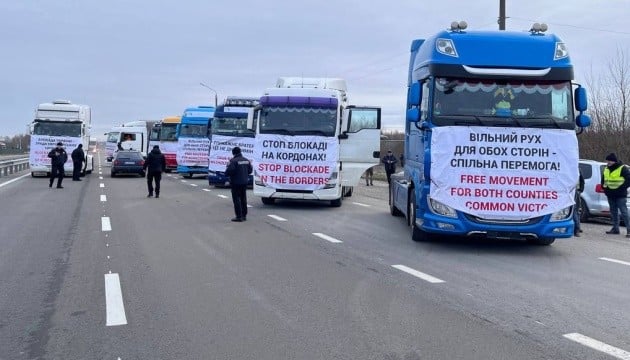 |
| Ukrainian drivers protest at the Yahodyn-Dorohusk checkpoint against Polish farmers blocking truck traffic, February 15. (Source: Ukrinform) |
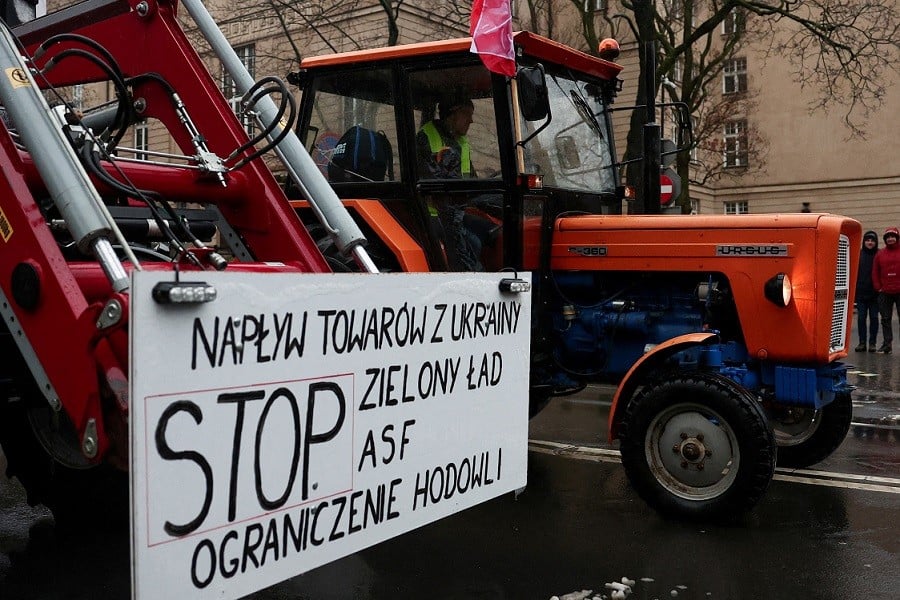 |
| Polish farmers use tractors to block the middle of a road, during a protest against agricultural price pressure, taxes and green regulations of the EC, February 9. (Source: Reuters) |
The "dilemma"
The Solidarity trade union alliance has placed the blame squarely on the Polish government and the European Commission (EC) for what it says is a failure to act in the interests of the people. In its view, “The passivity of the Polish government and its statements of cooperation with the EC… regarding the import of agricultural and food products from Ukraine leaves us with no choice but to declare a general strike,” it said in a statement on February 2.
The Ukrainian Ministry of Agriculture confirmed to the Kyiv Independent that Kiev and Warsaw are in talks. However, there appears to be no end in sight to the agricultural dispute that began in April 2023.
But Ukraine's agricultural sector is also concerned that the protests are fanning anti-Kiev sentiment in one of its biggest allies in its military conflict with Russia.
During a protest on February 9 in Grojec, Poland, against duty-free trade with Ukrainian agricultural products, farmers drove at a snail’s pace or blocked roads with tractors… Now, after the launch of a 30-day blockade, the protests have sparked outrage, especially after videos appeared on social media showing Polish protesters dumping Ukrainian grain from trucks at the Dorohusk checkpoint.
Kiev condemned the act and called for the perpetrators to be punished. Poland's Chelm District Prosecutor's Office opened an investigation on February 12, warning that the crime could result in up to five years in prison.
Polish authorities apologized to Ukraine after the incident, but tensions remained high as protesters began another blockade at the Korczowa-Krakivets checkpoint on February 13.
Meanwhile, the Polish Ministry of Agriculture is in a "dilemma" situation, having to defend the protesters in its apology while accusing Ukrainian food products of poor quality.
“Farmers may have let their emotions get the best of them, but we should remember that they are in a very difficult economic situation. Right now, during this spring season, they have no money to buy fertilizers and pesticides. It is easy to understand their desperation,” Polish Agriculture Minister Czesław Siekierski said on February 12.
Meanwhile, for Ukraine, the reasons for the protests are not entirely clear. Warsaw has restricted Ukrainian food imports since April 15, 2023, and further extended the embargo on September 15, 2023.
In May 2023, the EU imposed restrictions allowing Poland, Hungary, Slovakia, Romania and Bulgaria to ban domestic sales of Ukrainian wheat, corn, rapeseed and sunflower seeds, while still allowing the products to transit for export elsewhere, after local farmers complained the imports were causing domestic prices to plummet.
Ukraine’s grain and oil exports to Poland have dropped significantly since the ban. According to data from the Ukrainian Club of Agribusiness (UCAB), exports were 277,500 tonnes in March 2023, falling to just 61,000 tonnes in April and below 20,000 tonnes in December.
“Over the past few months, not much Ukrainian agricultural products have crossed the Polish border. Products entering Poland are not sold on the Polish market, but are often transported to third countries,” said the head of UCAB Oleksandra Avramenko.
However, Ms Avramenko noted that it is possible that third parties, such as buyers in Germany, could then sell Ukrainian products back to Poland. “But this is not Ukraine’s responsibility to monitor,” she said.
Poland’s agriculture minister promised to strengthen border controls and carry out more checks after a field trip to the border on February 4. But Czesław Siekierski also said that “the excessive import of Ukrainian agricultural products, which do not meet the high production requirements of the EU, indirectly threatens the competitiveness of Polish agriculture.”
No new moves, the situation is "hotter"?
Meanwhile, on a broader scale, Polish Prime Minister Donald Tusk warned that the dispute could fuel anti-Ukrainian sentiment in Poland.
“I don’t think there is any significant conflict of views or interests between the (Polish) government and the protesting farmers,” the Polish head of government said at a meeting in the northern Polish town of Morag on February 11.
“If Ukraine still wants to be able to mobilize the whole world behind it in its conflict with Russia, it also needs to respect the interests of each member of this community,” Mr. Tusk added.
In fact, Warsaw had previously negotiated with protesters to end a blockade on January 6. At that time, Polish Agriculture Minister Siekierski pledged to meet three demands of farmers, including corn subsidies worth one billion zloty ($251 million), increasing liquidity loans to 2.5 billion zloty ($629 million), and keeping agricultural taxes at 2023 levels.
Prime Minister Tusk kept the embargo on Ukrainian food products in place but did not expand the list to other items, such as sugar, eggs and poultry, as demanded by protesters.
Meanwhile, the head of the Ukrainian Agribusiness Club Oleksandra Avramenko fears that the resumption of protests will benefit Poland's right-wing parties ahead of the European Parliament elections, which are scheduled for June 6-9. Right-wing parties often have anti-Ukrainian views and, according to Ms. Avramenko, "moves against Ukraine are very convenient for the right."
Commenting on the context, with farmers from many European countries starting to organize protests, Ms. Avramenko said that only Poland is strongly targeting Ukraine. French and Spanish farmers are against imports from all third countries, while the majority criticize the rising costs and the EU’s inadequate Green Deal.
In January, Romanian farmers protested against Ukrainian imports and other issues, but Kiev and Bucharest reached a deal. Ms. Avramenko hopes to do the same with Poland.
Ukrainian President Volodymyr Zelensky has reportedly ordered “urgent negotiations” with Poland after violent protests by Polish farmers strained bilateral relations. But diplomacy is not always synonymous with economics. The Polish government must certainly make a priority choice when faced with pressure from domestic protests.
However, in reality, it seems that the actions of the governments on both sides are not keeping up with the wishes of the farmers. While neither the Ukrainian nor the Polish governments have made any new moves to calm the situation, Ukrainian drivers have taken matters into their own hands by staging a spontaneous protest at the Yahodyn-Dorohusk checkpoint. A long line of Ukrainian trucks carried protest signs in Ukrainian, Polish and English, denouncing the Polish farmers for obstructing the traffic, Ukrinform reports.
Source


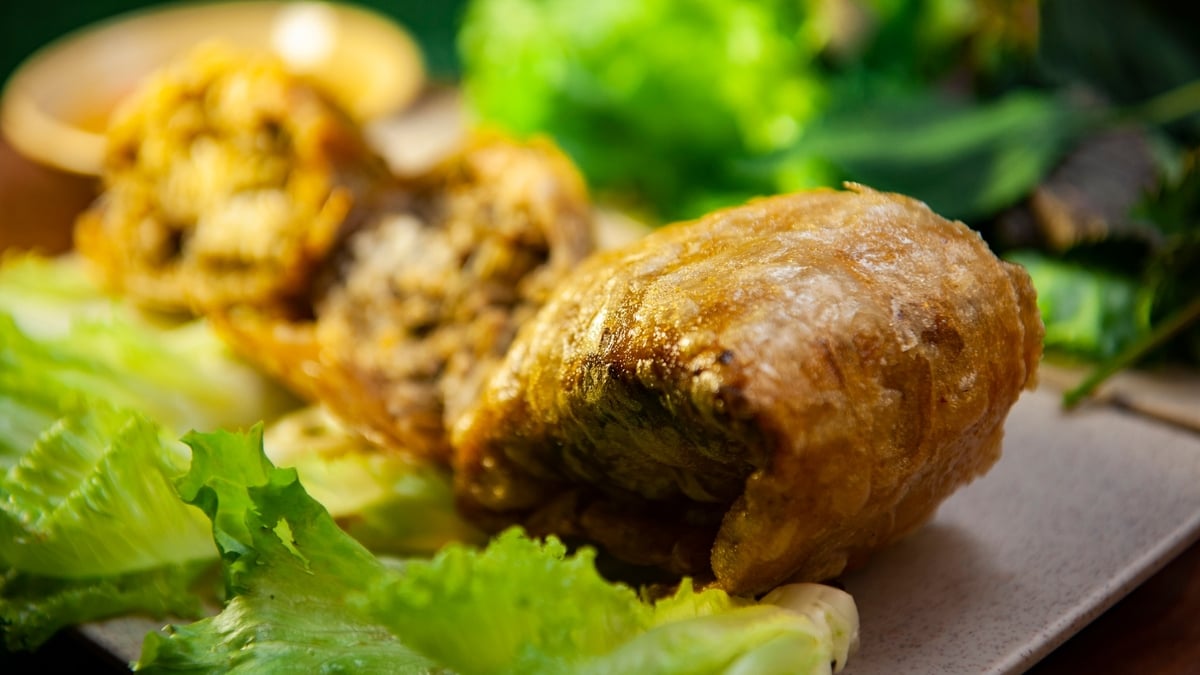
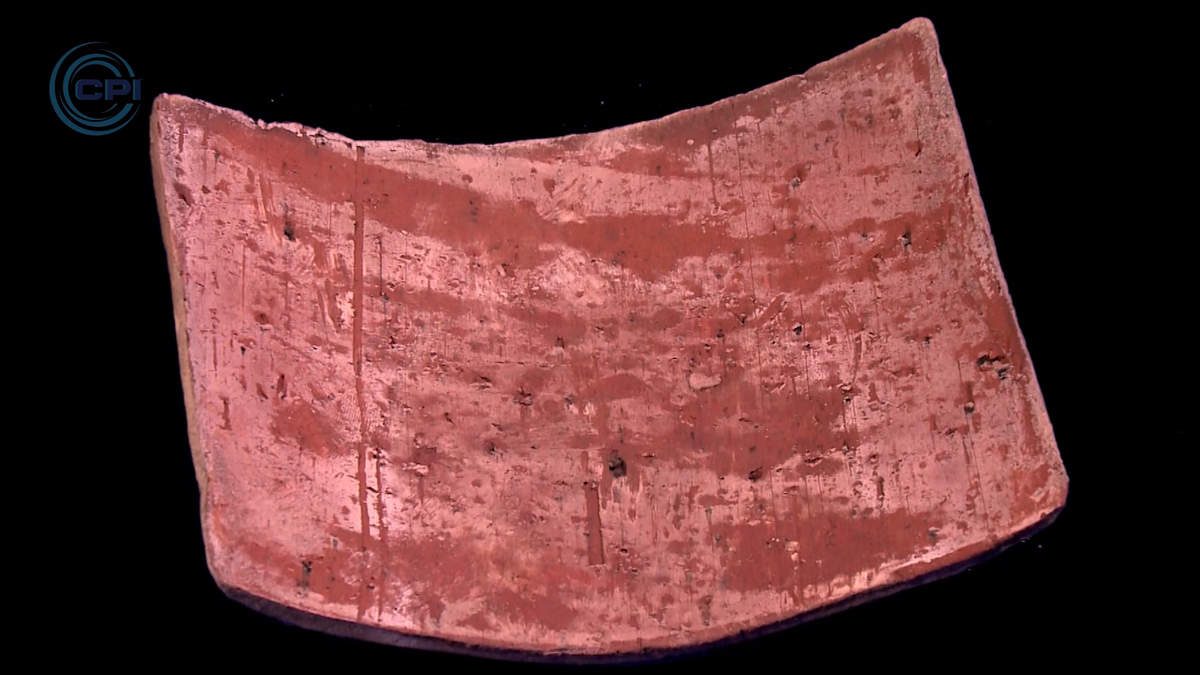
![[Photo] Prime Minister Pham Minh Chinh chairs the fourth meeting of the Steering Committee for Eliminating Temporary and Dilapidated Houses](https://vphoto.vietnam.vn/thumb/1200x675/vietnam/resource/IMAGE/2025/5/11/e64c18fd03984747ba213053c9bf5c5a)
![[Photo] National Assembly Chairman works with leaders of Can Tho city, Hau Giang and Soc Trang provinces](https://vphoto.vietnam.vn/thumb/1200x675/vietnam/resource/IMAGE/2025/5/11/c40b0aead4bd43c8ba1f48d2de40720e)
![[Photo] Discover the beautiful scenery of Wulingyuan in Zhangjiajie, China](https://vphoto.vietnam.vn/thumb/1200x675/vietnam/resource/IMAGE/2025/5/11/1207318fb0b0467fb0f5ea4869da5517)
![[Photo] The moment Harry Kane lifted the Bundesliga trophy for the first time](https://vphoto.vietnam.vn/thumb/1200x675/vietnam/resource/IMAGE/2025/5/11/68e4a433c079457b9e84dd4b9fa694fe)


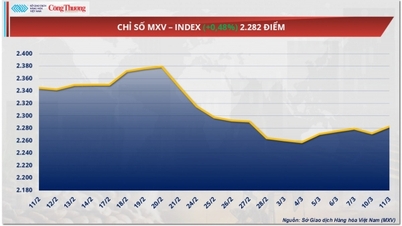


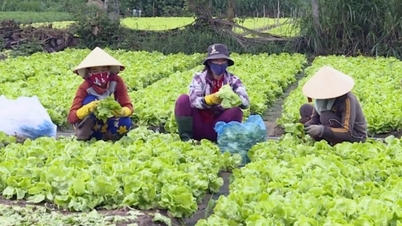
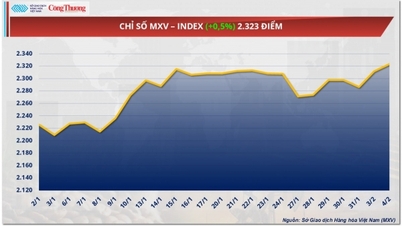
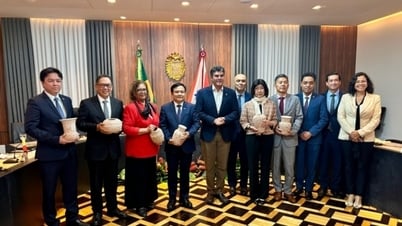


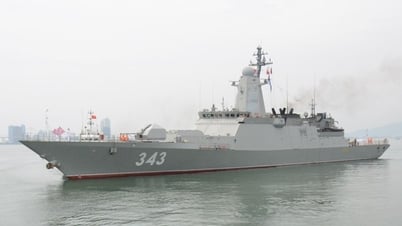

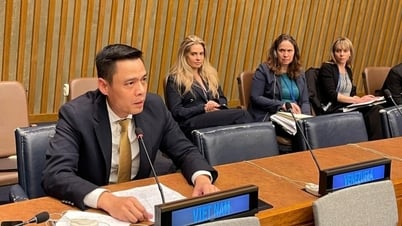




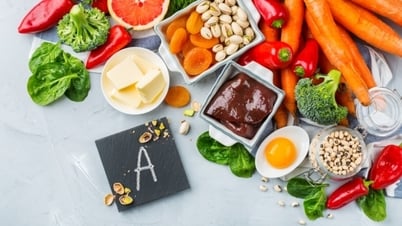
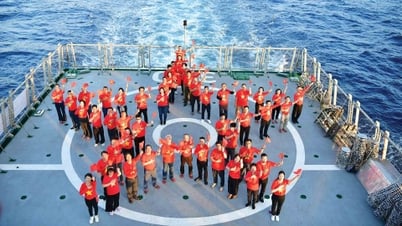
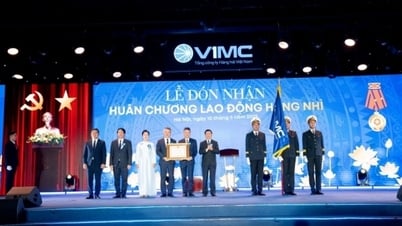

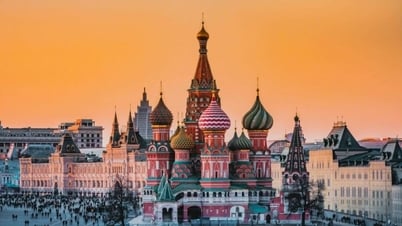

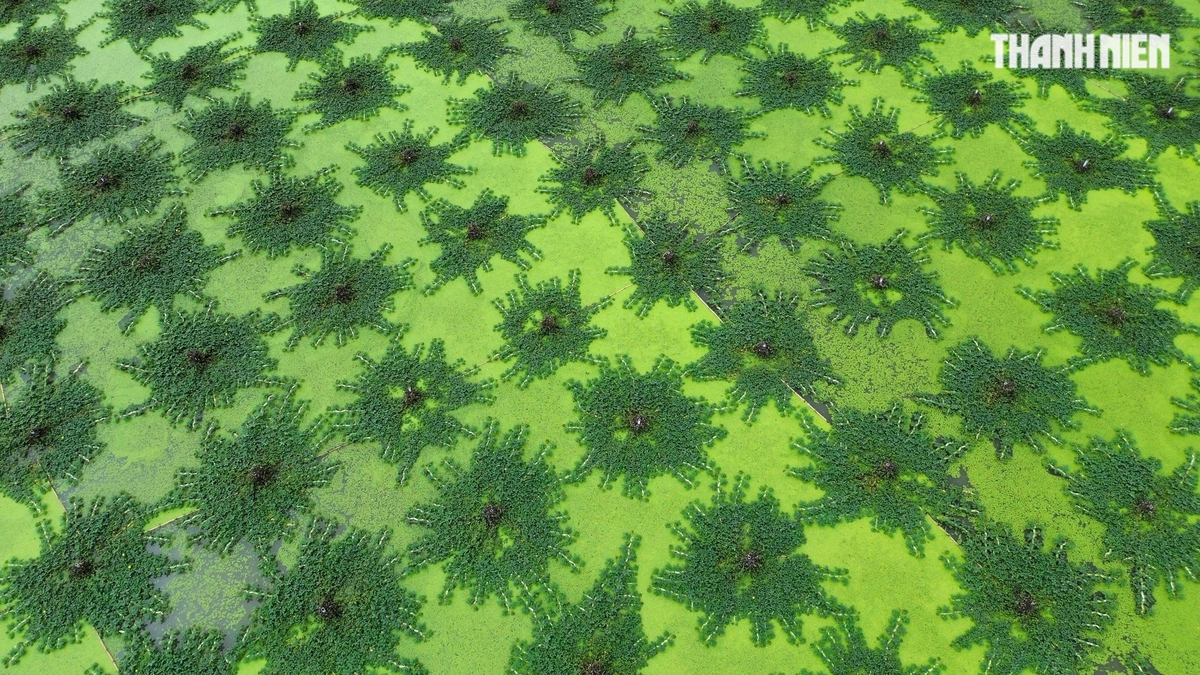


































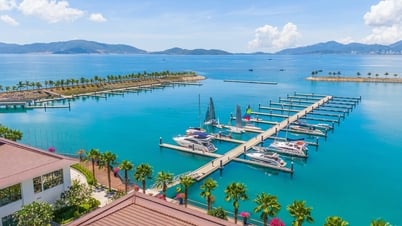


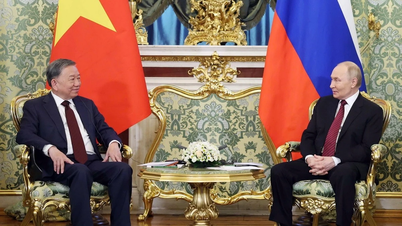










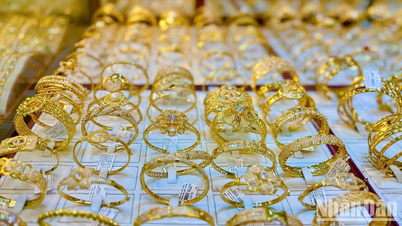



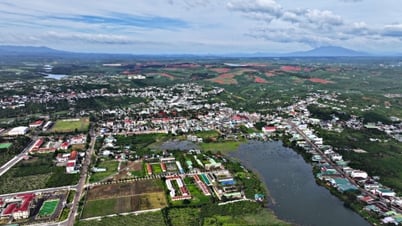
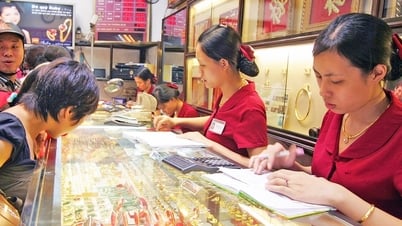

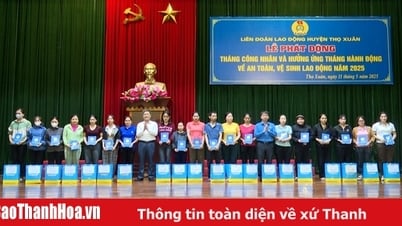














Comment (0)